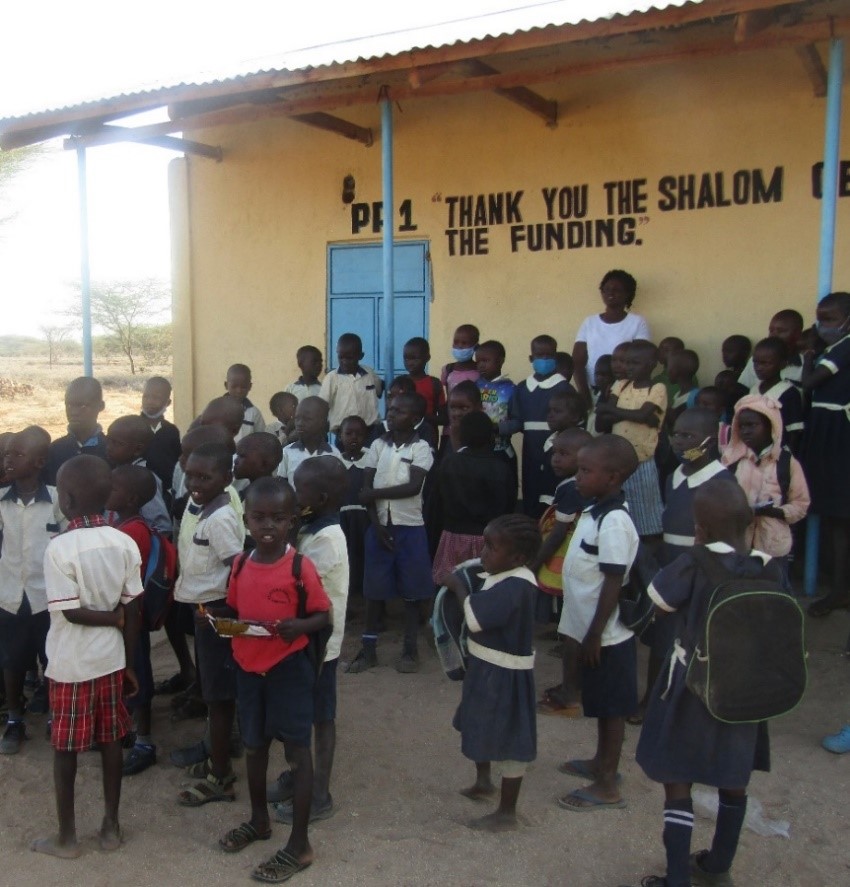
In the past two years Shalom–SCCRR has supported 97 school/educational development projects benefitting over 22,895 boys and girls in the 28 conflict zones where we work. The support to these schools-institutions leads to children being able to access education and inculcate attitudes and behaviors that reflect and inspire values of peaceful co-existence in their communities. One such school is St. Peter’s Nursery and Primary School in Lorgum, Turkana County.
According to Maureen Nyaga, the school’s headteacher through Shalom-SCCRR’s Educational and Development projects the school was supported with the construction of classrooms and installation of a fence. The school has a total number of 125 children, 74 boys, and 51 girls comprising of pupils from both the nursery and primary level up to Grade 3. The classrooms are essential for the increasing pupils’ population in school including the girl – child as well as reducing congestion while the fence is a big boost to our security (https://shalomconflictcenter.org/the-girl-child-shalom-sccrr-impacting-the-lives-of-young-girls-in-marginalized-and-remote-locations-in-eastern-africa/).
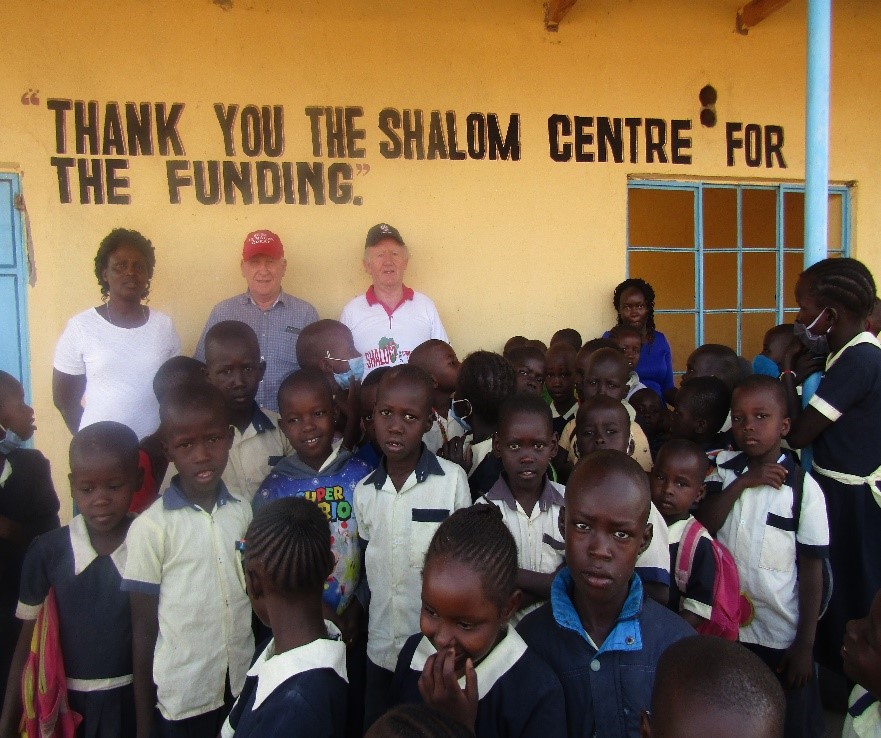
In his detailed description of the school environment, Mr. Kinyong’a Echukule one of the teachers noted that; ”St. Peter’s Nursery and Primary School, Lorgum, is located approximately 52 kilometers from Lodwar town, the county headquarters of Turkana County. Lorgum borders Northern Uganda in the North West where the Karamajong and Ejie people are in conflict and to the west, falls along the volatile Turkana-Pokot borderline. The persistence of inter-communal conflicts characterized by livestock raiding and sporadic attacks in the region exposes the children and their families to devastating effects such as loss of life; loss of properties; displacements; closure of schools just to mention but a few.”
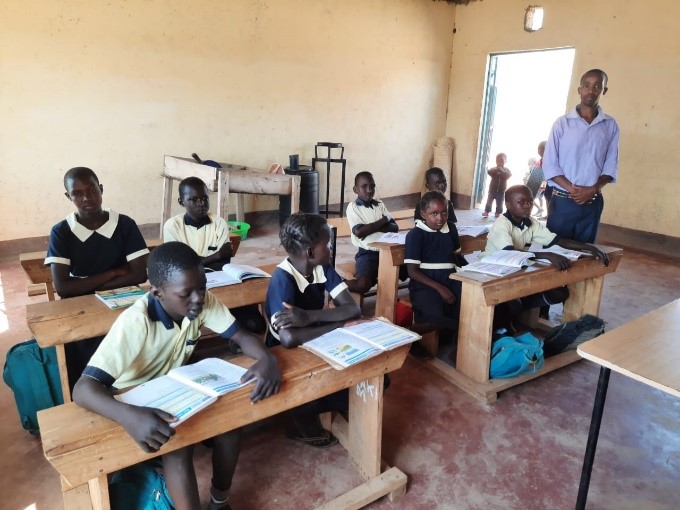
Fr. Ephraim Kway, a school board member states that ‘‘Livestock raiding, killings of people, burning of grass and properties is a common occurrence in this area. Education is therefore the best way to avoid conflict in pastoralist societies. Shalom-SCCRR’s contribution to peace and sustainable development is well thought out.”
Mr. Rono, a teacher also notes that; ‘‘in most conflict societies many young people are forced into conflict owing to the fact that there are no other alternatives. As such the great emphasis and value on education in this area is that it provides the community with hope for a conflict-free future and meaningful community progress.”
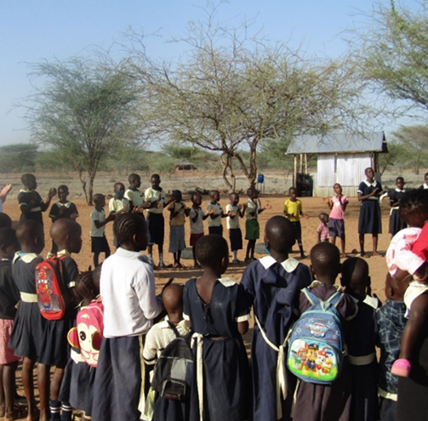
Shalom-SCCRR will continue working with different communities in the actualization of SDG 4: ‘‘Ensure inclusive and equitable quality education and promote lifelong learning opportunities for all.’’
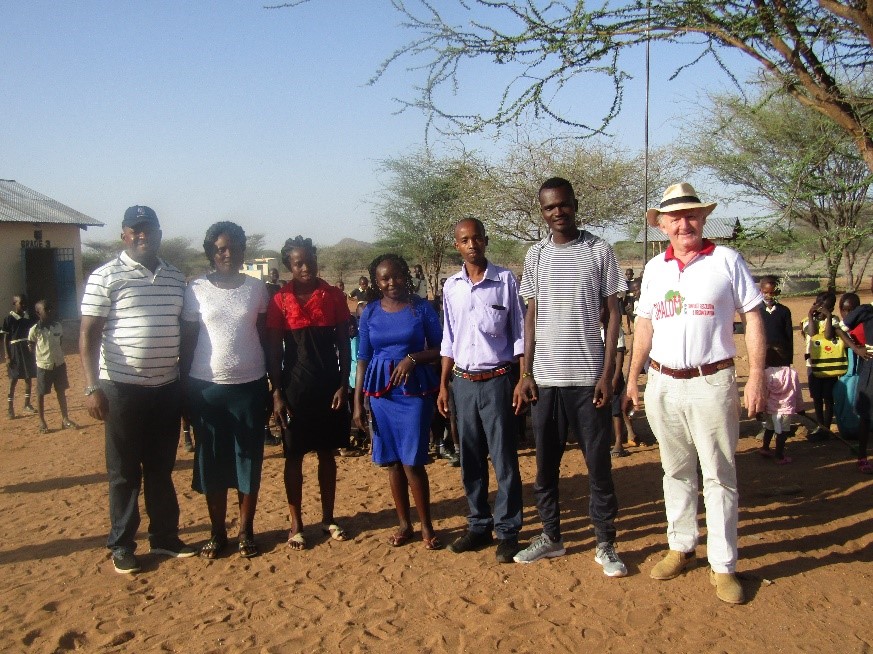
By:
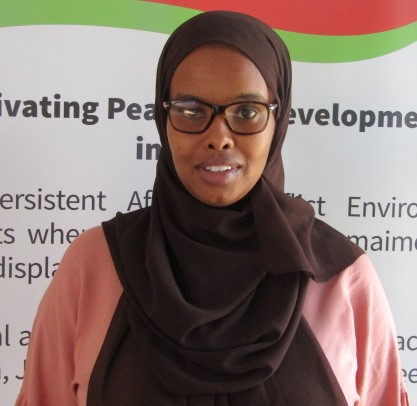
Asha Said Awed, MA
Shalom-SCCRR Program Assistant (Nairobi, Marsabit & Turkana-West Pokot Projects)
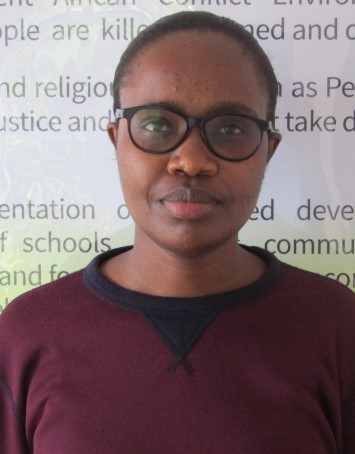
Esther Njeri Kibe, MA
shalom-SCCRR Program Officer (Marsabit & Turkana-West Pokot Projects)

